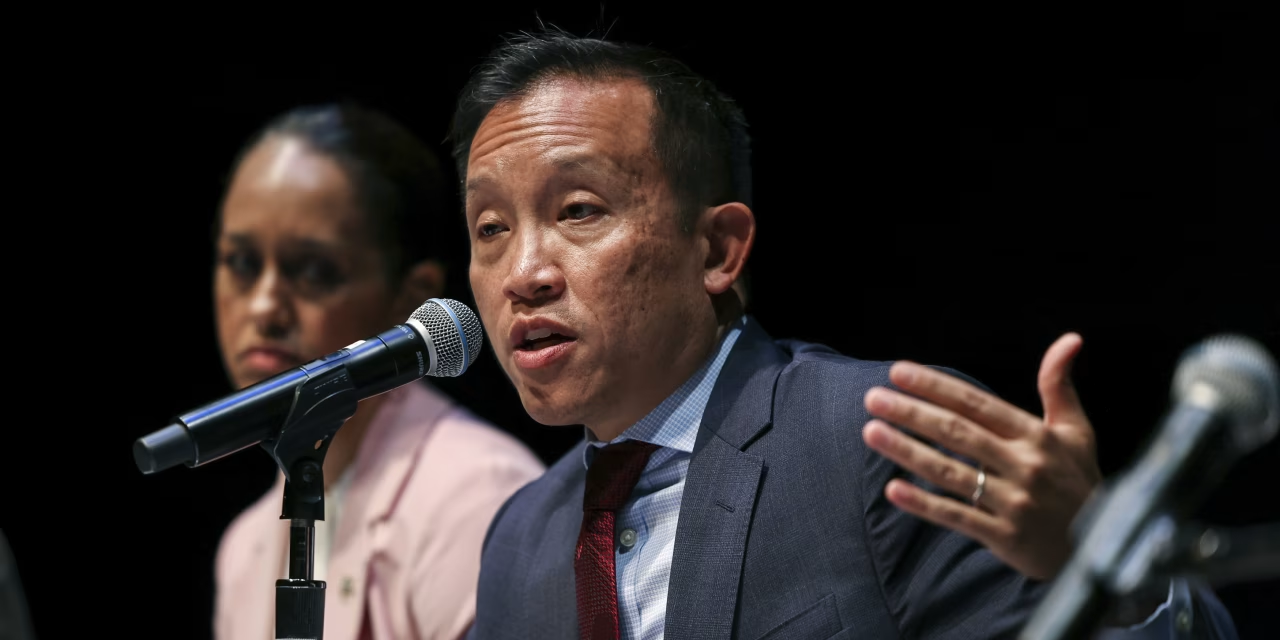Business
San Francisco Takes Aim at Ultraprocessed Foods, and Food Stocks Slump

Food-company stocks sagged Tuesday as the San Francisco city attorney filed a lawsuit against some of the biggest U.S. food manufacturers, accusing them of knowingly making and marketing harmful foods.
The lawsuit, filed in San Francisco Superior Court, alleges that 11 big food makers, from Kraft Heinz to General Mills, violated California’s unfair-competition law and public-nuisance statute by engaging in “unfair and deceptive acts.”
San Francisco City Attorney David Chiu blamed the food makers for U.S. diets high in ultraprocessed foods, and for soaring healthcare costs. “These companies engineered a public-health crisis, they profited handsomely, and now they need to take responsibility,” Chiu said.










